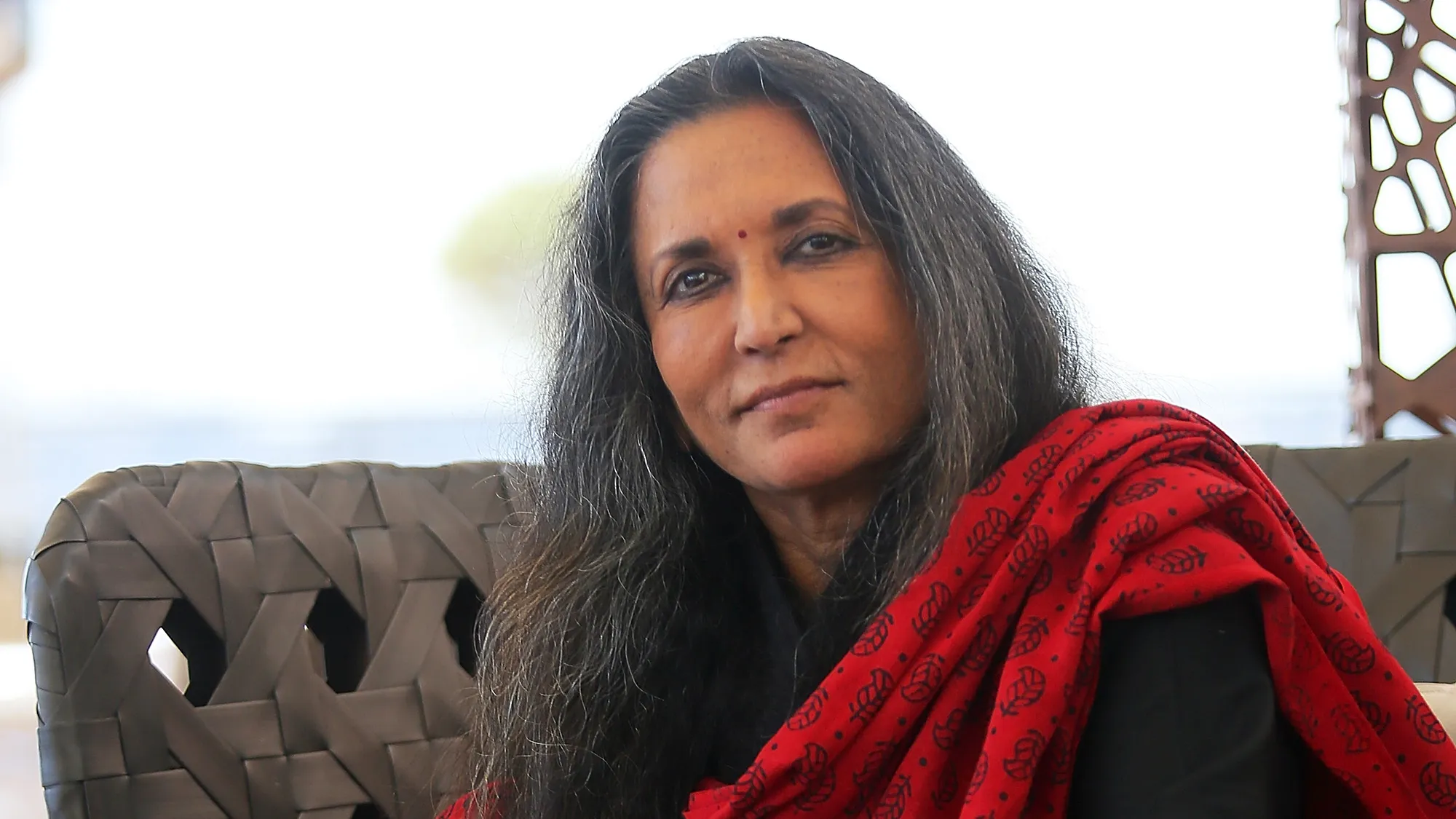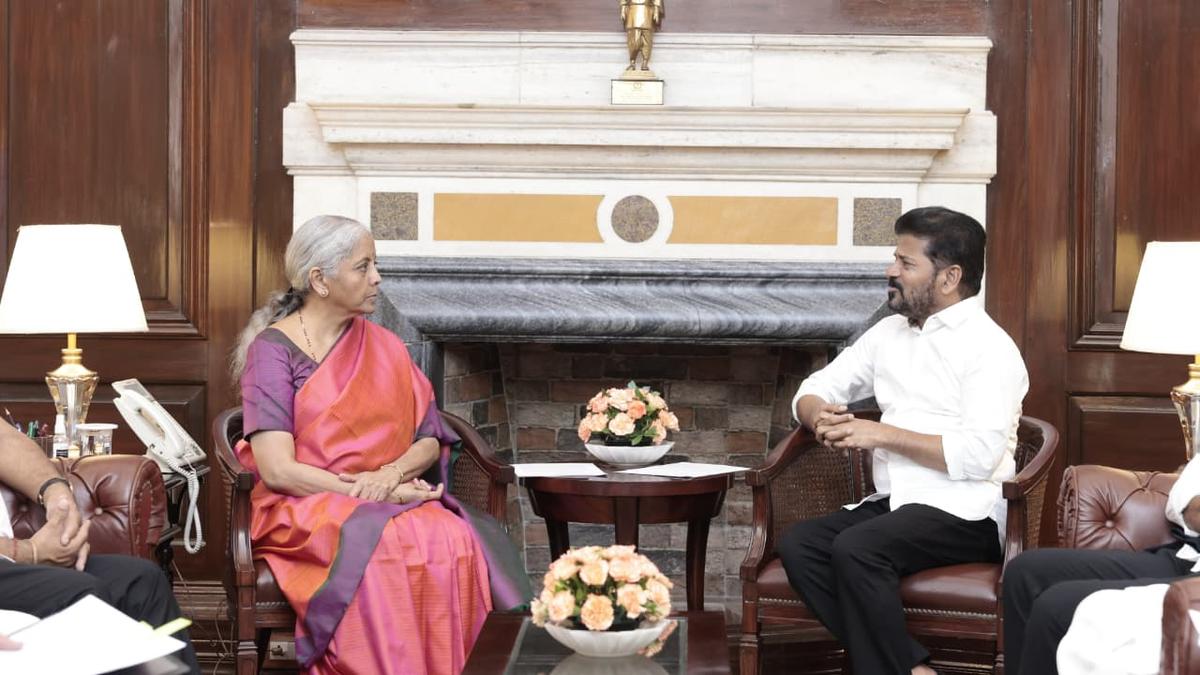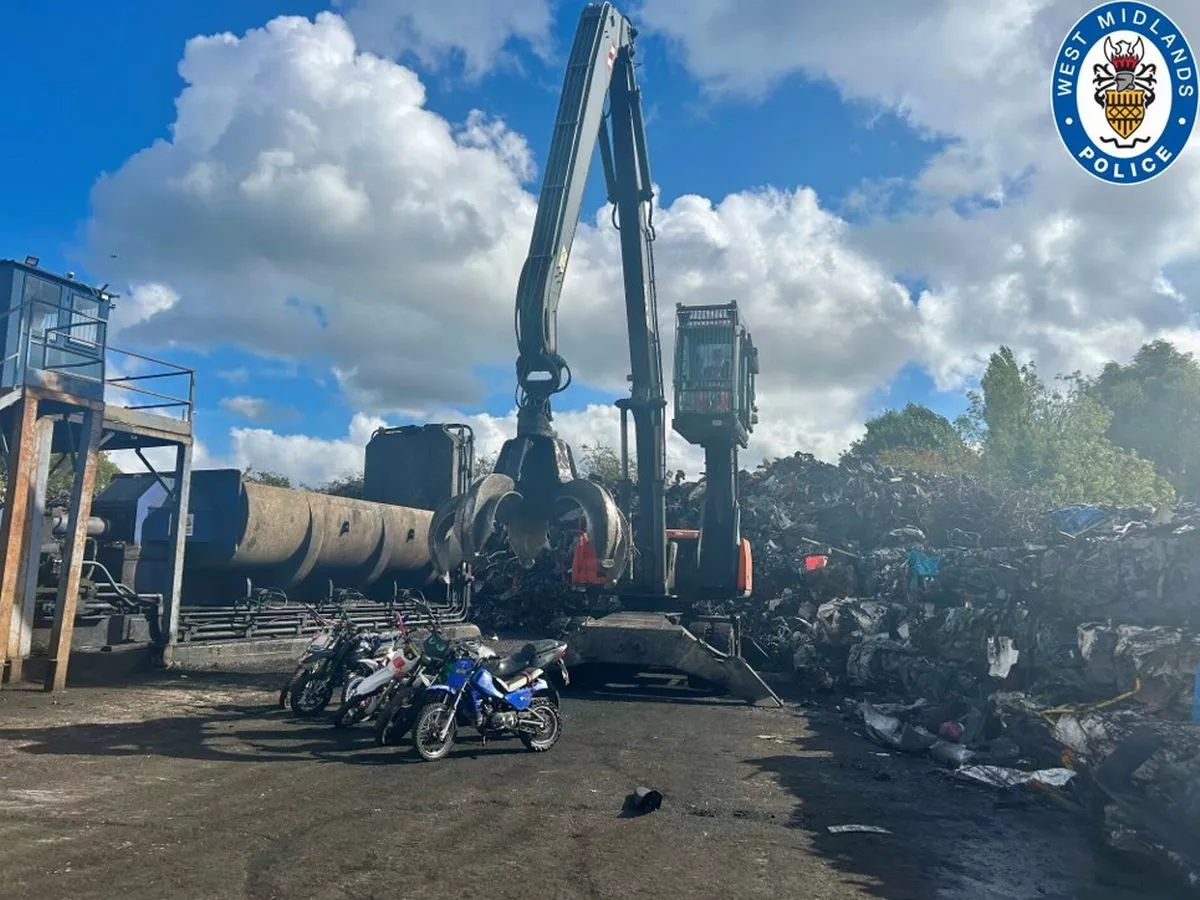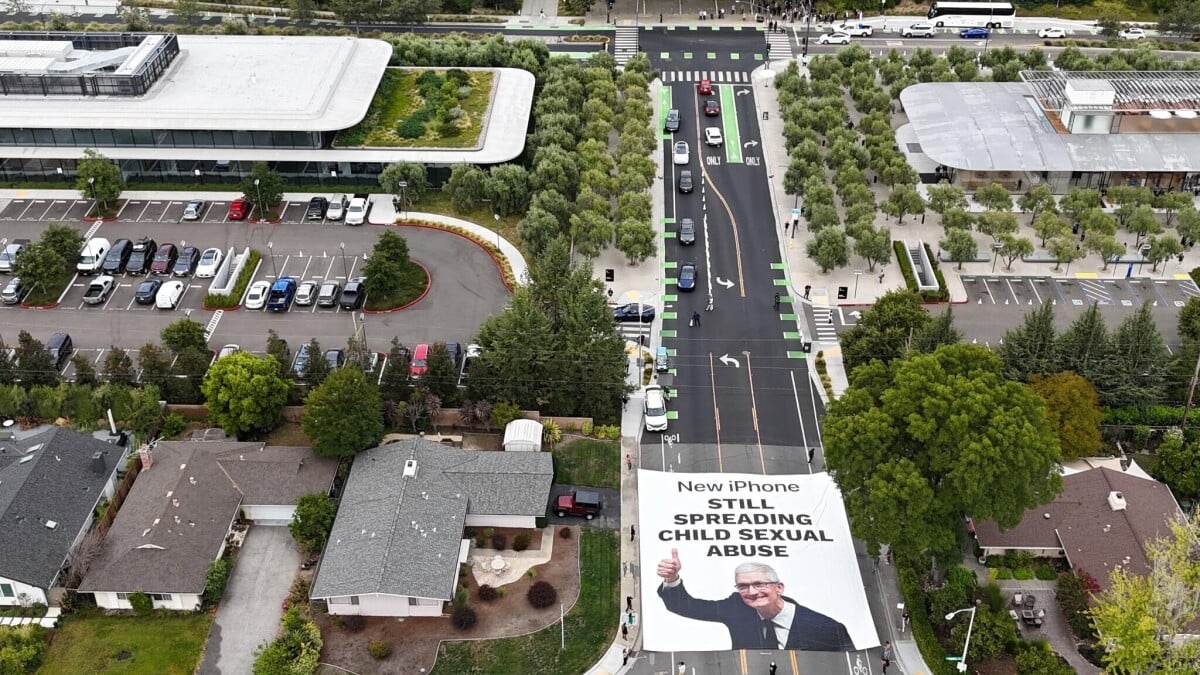By Pahull Bains
Copyright vogue

Deepa Mehta’s debut feature film Sam & Me, which premiered at the 1991 Cannes Film Festival, is perhaps the Indo-Canadian filmmaker’s least-known work (at least to Indian audiences). But the film, which screened this past April as part of the Toronto International Film Festival’s month-long retrospective honouring Mehta—who turns 75 today—introduced themes and ideas that the director has continued to explore throughout her illustrious career.
It heralded a filmmaker interested in the messiness of human relationships, and the desires, insecurities and prejudices that shape people’s daily lives. The protagonists of the film—a young Indian immigrant new to Toronto, and the older Jewish man he’s charged with taking care of—are evidence of her ongoing curiosity about experiences outside of her own. Having migrated to Canada herself in the ’70s, Mehta was interested in the challenges faced by working class Indian men trying to build a new life in an unfamiliar country.
The film has the unpolished texture of real life—from the costumes to the lighting to the dialogue—and is no hurry to get to quick resolutions, establishing the style of social realism that audiences grew to expect from a Deepa Mehta film. In addition to Sam & Me, the TIFF retrospective featured eight other films from her oeuvre: Fire (1997), Earth (1998), Bollywood/Hollywood (2002), Water (2005), Heaven on Earth (2008), Beeba Boys (2015), Anatomy of Violence (2016) and Funny Boy (2020).
Mehta’s work has spanned genres from comedy to drama to documentary, but there is a thread that unites them. At the post-screening Q&A for Fire she said, “For me, it’s always about the other. How do we look at somebody who’s not like us, whether it’s the sexuality of the women in Fire or whether it’s religion in Earth? Why do we judge people? Why do we use religion? Why do we use sexuality? What is it about us?”
Using the medium of film to probe at questions that she herself doesn’t know the answer to is what drives Mehta’s work. But it was a path she initially avoided. In an interview at the TIFF theatre, she recalled observing, as a child, the impact of box office vacillations on her father, a film distributor and cinema owner in Amritsar. It was then that she decided the last thing she wanted to do was participate in an industry that “can change your mood every Friday.”
Of course, fate had other plans. While in Delhi doing her MA degree, a friend who owned a documentary house that made short films for the Government of India offered her some part-time work involving answering the phone and taking messages. Though she soon lost that job thanks to “zero phone manners,” the experience did offer her a crash course on editing, sound, camera work and more. Eventually, her friend tasked her with making a three-minute short about a farmer waiting for his wheat to grow, and Mehta fell in love with the process of filmmaking. When she told her father she wanted to pursue a career in directing, he gave her the advice she’s carried with her ever since: “Just know that there are two things in life you will never know: when you’re going to die and how a film will be received. So make your expectations very minimal.’”
As Mehta enters her 75th year, she has no plans to slow down and is more than adept at juggling multiple projects simultaneously. One of them is Troilokya, a true story about a female sex worker in 19th century Kolkata who becomes a serial killer and is investigated by real-life detective Priyonath Mukhopadhyay. She’s also working on Forgiveness, based on a book by Mark Sakamoto about two families in Canada impacted by the Second World War, following the Japanese attack on Pearl Harbour. “I believe all good art is political,” she says. “I didn’t say that, Toni Morrison did, and I’m an absolute believer in it. That is art. Whether you know it or not, it reflects something that is happening politically around our environment.”
Doing what she does and knowing what she knows, on the occasion of this milestone birthday, is Mehta the type to pause and reminisce or does she prefer to look ahead? “Neither,” she muses. “Sometimes, I’m forward thinking; when the present is tough, I like to think of the future. When the past is tough, I like to think of the present. I’m a very practical person. If there’s one thing I’m anxious about or looking forward to, it’s how my daughter, partner, brother, nieces and nephews are going to do. The people you love, you want them to do well and be happy. Happy is a strange word. But my focus is on that more than anything else.”
A lot has changed in the 30-plus years that she Mehta been making films. But the advice her father gave her when she was just starting out has remained her guiding light and it’s a piece of wisdom she now passes on to young filmmakers. “You can only share advice that you have taken yourself and it’s worked for you. Or something that hasn’t worked. It’s very personal. The most important thing for me as a filmmaker is to do what you want to do. Do what you’re curious about, don’t look around at other people. This is what my father taught me. You never know how people are going to react to your work so you might as well do what you want to do.”
Sabar Bonda, the first-ever Marathi film at Sundance, doesn’t bury its gays
Indian-origin author Avni Doshi’s debut novel ‘Burnt Sugar’ to be adapted into a movie directed by Deepa Mehta
To bi or not to bi: What Hindi cinema gets wrong about portraying bisexuality on-screen



